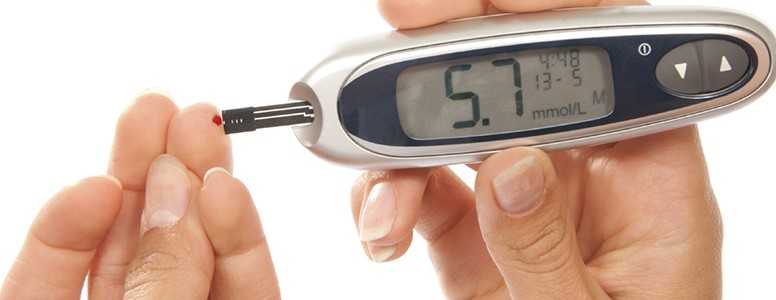People with type 2 diabetes who maintain good blood sugar control following heart stent surgery are less likely to experience a heart attack or stroke, research suggests.
Heart stent surgery is a type of coronary intervention that involves the removal of a blocked coronary artery. This is then replaced with a supportive mesh tube known as a stent, which keeps the artery open permanently.
Little research exists detailing how the surgery is associated with blood glucose control in people with diabetes, who are more at risk of heart complications than those without the condition.
To address this, researchers at Samsung Medical Center in Seoul, South Korea, studied 980 patients with type 2 diabetes who underwent heart stent surgery, known as undergone percutaneous cardiac intervention (PCI).
The health of the participants and their HbA1c levels were then looked at seven years after receiving the the operation.
The researchers found those who kept strict blood sugar control after the intervention had improved long-term health outcomes.
“Although intensive glucose control had no benefit on the rate of major cardiovascular events in previous studies, our data suggest that strict glucose control after PCI (heart catheterisation) can improve long-term clinical outcomes in diabetic patients,” said Dr Joo-Yong Hahn from the Samsung Medical Center, speaking to Reuters Health.
There were 25 per cent fewer ill health episodes in those who had controlled their blood glucose than those who had failed to manage it.
Hahn added: “PCI is not the end of treatment for coronary artery disease. Optimal medical treatment, including glycemic control, is a cornerstone therapy after PCI.
“The effects of glucose control in type 2 diabetes may differ according to patient characteristics, such as recent cardiovascular events, baseline glycemic control status and duration of diabetes.”
The study authors concluded that lowered HbA1c levels measured after the PCI surgery was “associated with a reduced rate of major adverse cardiac and cerebrovascular events (MACCE)”, but stated more research needed to be carried out.
The findings were published in the journal Circulation: Cardiovascular Interventions.
What's new on the forum? ⭐️
Get our free newsletters
Stay up to date with the latest news, research and breakthroughs.






